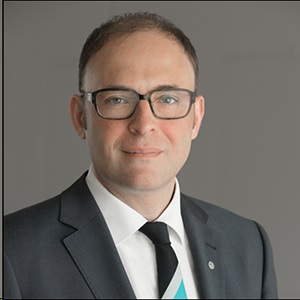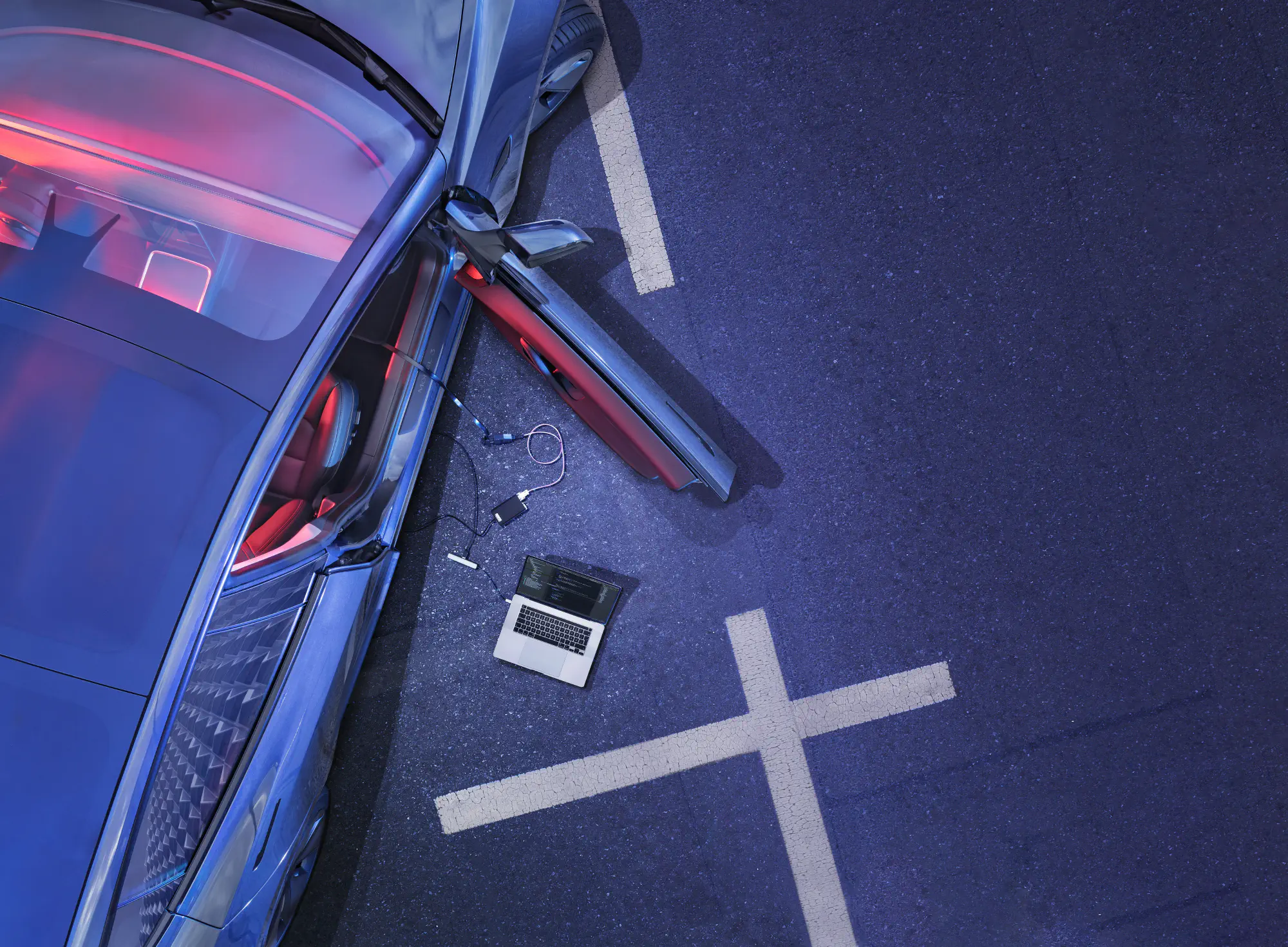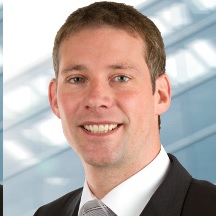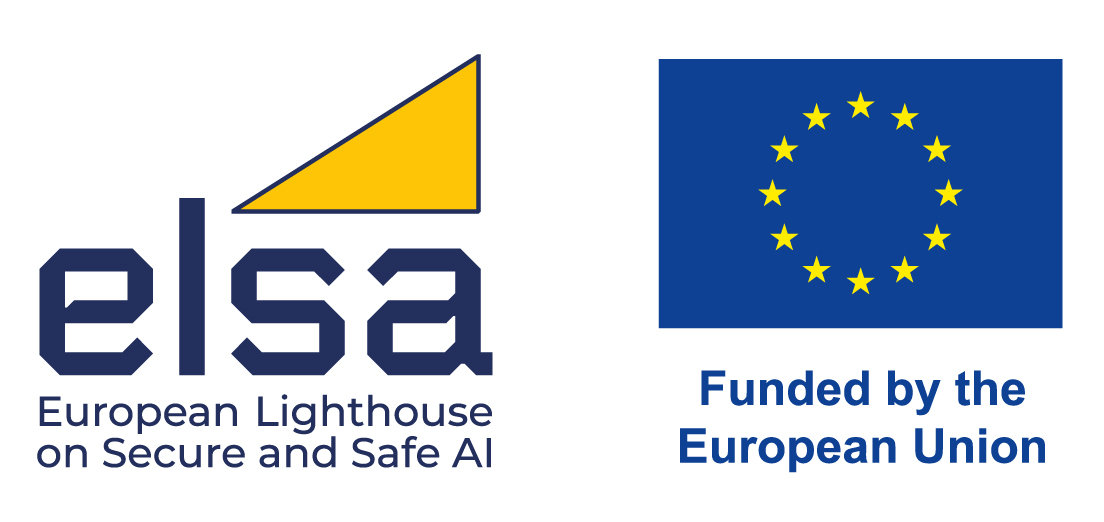
Hans-Joachim Hof
Technical University of Ingolstadt, Germany

We are thrilled to announce the 2nd Cyber Security in Cars Workshop (CSCS) — a premier event dedicated to tackling the evolving challenges of cybersecurity in modern vehicles. CSCS brings together researchers, industry experts, developers, and security professionals to explore cutting-edge research, discuss emerging threats, and collaborate on innovative solutions in automotive cybersecurity.
The CSCS 2025 conference will once again be hosted at ACM Conference on Computer and Communications Security (CCS)!
Building on the legacy of the ACM Computer Science in Cars Symposium, CSCS continues to advance the field, fostering discussions that bridge academia and industry.
We also want to extend a huge thank you to everyone who contributed to making the 1st CSCS at ACM CCS a resounding success! Your research, insights, and participation helped create a vibrant and inspiring event, and we look forward to building on that momentum.
| 09:00 - 10:30 | Session 1: Opening and Security Trends Opening & Welcome Hans-Joachim Hof (General Chair) Keynote: Evolution of Vehicle Attack Surfaces and Emerging Cybersecurity Challenges Joohwa Sarah Lee (autocrypt) An Automotive Cybersecurity Trend Radar Gabriel Simmann (Institute of Energy Efficient Mobility (IEEM), University of Applied Sciences)*; Reiner Kriesten (Institute of Energy Efficient Mobility (IEEM), University of Applied Sciences); Felix Maag (Daimler Truck Holding AG); Martin Mager (Daimler Truck Holding AG) |
| 10:30 - 11:00 | Coffee Break |
| 11:00 - 12:00 | Session 2: Short Paper and Work-in-progress Session WIP: Assessing GPTs models’ knowledge of automotive cyberthreats benchmarking autoISAC framework Nicola Scarano (Politecnico di Torino)*; Luca Mannella (Politecnico di Torino); Alessandro Savino (Politecnico di Torino ); Stefano Di Carlo (Politecnico di Torino) WIP: Secure Boot in Automotive Real-Time Systems in Context of Post-Quantum Cryptography Dennis Kengo Oka (IAV)*; Philipp Jungklass (IAV) Short: RollCAN – CAN-bus based RollJam-Attack Jannis Hamborg (Hochschule Darmstadt)*; Timm Lauser (Darmstadt University of Applied Sciences); Christoph Krauß (Darmstadt University of Applied Sciences) Short: Application of Quantum Key Distribution in Intelligent Transport Systems Henning Ullrich (Technische Hochschule Ingolstadt)*; Dominik Bayerl (Technische Hochschule Ingolstadt); Thomas Hutzelmann (Technische Hochschule Ingolstadt); Hans-Joachim Hof ( Technische Hochschule Ingolstadt) |
| 12:00 - 13:30 | Lunch |
| 13:30 - 15:00 | Session 3: Trust and Network AnalysisStructured Threat Modeling Approach for Generating Executable Attack Scenarios in the EV Charging Infrastructure Jae-Jun Ha (System Security Research Center, Chonnam National University)*; Dong-Hyuk Shin (System Security Research Center, Chonnam National University); Ieck-Chae Euom (Department of Data Science, Chonnam National University) A Heuristic Packet Processing Model for Improved Encrypted Network Analysis Julian Graf (OTH Regensburg)*; Murad Hachani (OTH Regensburg); Rudolf Hackenberg (OTH Regensburg); Sebastian Fischer (OTH Regensburg) Vehicle-to-Everything Trust: Enabling Autonomous Trust Assessment of V2X Data by Vehicles Nataša Trkulja (Ulm University)*; Artur Hermann (Ulm University); Paul L. Duhr (Ulm University); Echo Meißner (Ulm University); Michael Buchholz (Ulm University); Frank Kargl (Ulm University); Benjamin Erb (Ulm University) |
| 15:00 - 15:30 | Coffee Break |
| 15:30 - 17:00 | Session 4: Security TestingDriving Down Premiums: A Security and Forensic Analysis of the DriveWell Insurance System Claudius Laves (Technische Hochschule Ingolstadt)*; Thomas Hutzelmann (Technische Hochschule Ingolstadt); Kevin Mayer (Friedrich-Alexander-Universität Erlangen-Nürnberg); Hans-Joachim Hof (Technische Hochschule Ingolstadt) From Access to Trust: Policy-Based Automotive Trust Management With XACML Marco Michl (Technische Hochschule Ingolstadt)*; Hans-Joachim Hof (Technische Hochschule Ingolstadt); Stefan Katzenbeisser (University of Passau) NOTHORG; A digital twin for ECU security testing Marek Wehmer (FZI Research Center for Information Technology)*; Jean Diestl (FZI Research Center for Information Technology); Dominik Waibel (FZI Research Center for Information Technology); Ingmar Baumgart (FZI Research Center for Information Technology) |
The CCS Organization Team has notified us that the camera-ready deadline has been moved to September 3. Paper processing will be handled through the TAPS system. Please see the updated dates below.
After the authors signed the e-Rights forms, the camera-ready instruction email will be sent to the authors within 12 hours. Please allow emails from tapsadmin@aptaracorp.awsapps.com
Authors need to use TAPS to upload their CR papers to ACM. Please refer to https://authors.acm.org/proceedings/production-information/taps-production-workflow
CSCS brings together researchers, practitioners, developers, and anyone interested in solving the myriad complex problems of cyber security in modern vehicles. The conference offers a common platform to discuss new developments in vehicle technology and its applications. In addition to presenting current research contributions, the conference offers the opportunity for networking, joint brainstorming on current challenges and the development of new solutions. Cyber Security for Vehicles is a very important research area due to the current drive to make vehicles fully autonomous and increasingly connected. Software systems running on Electronic Control Units (ECU) and High-Performance Computers (HPC) handle a wide spectrum of functions ranging from autonomous/assisted/cooperative driving over infotainment to integrated intelligent assistants.
However, vehicles’ associated connectivity must be secured against attackers, as successful attacks can have devastating effects. The threat surface is getting even more complex especially with the pervasive use of artificial intelligence in many central components.
Topics of interest include, but are not limited to:
We are looking for submissions with high quality, original and unpublished contributions in two categories:
excluding references and appendices. Note that reviewers are not required to read appendices or any supplementary material. The review process is double-blind. Submissions have to be anonymized.
All papers must be formatted in the double-column ACM format (sigconf) and submitted via the submission system. Authors should not change the font or the margins of the ACM format. Submissions not following the required format may be rejected without review.
Short papers are suitable for position papers or original works whose descriptions fit within 6 pages. WIP papers are suitable for original yet incomplete work that is looking for middle-stage feedback from the community. Short or WIP papers must have the prefix “Short:”/“WIP:” in their titles
Articles will be submitted using Microsoft CMT. You will have to upload a pdf document and an abstract after registering the corresponding author. Once a paper (regular, short, WIP) is accepted, at least one of the authors is expected to attend the conference to present it.
Submit here



The Microsoft CMT service was used for managing the peer-reviewing process for this conference. This service was provided for free by Microsoft and they bore all expenses, including costs for Azure cloud services as well as for software development and support.